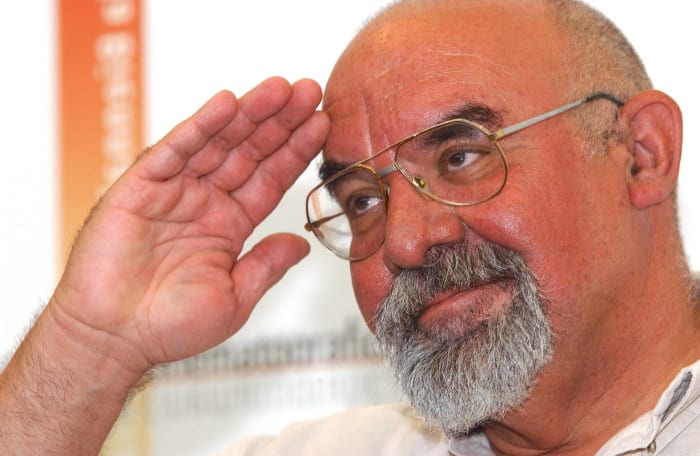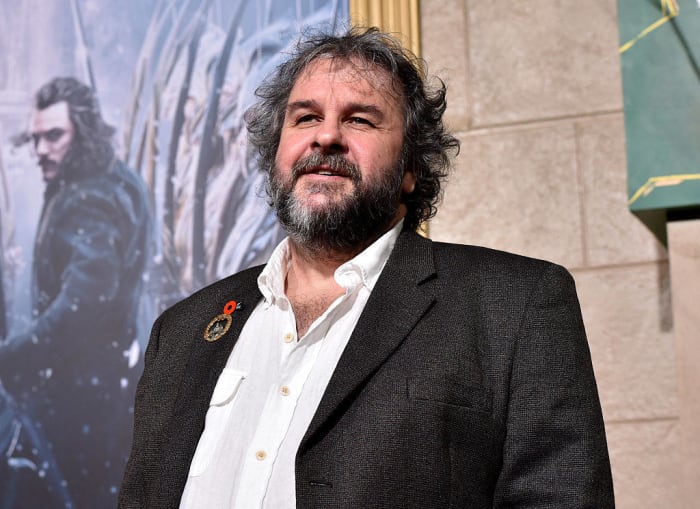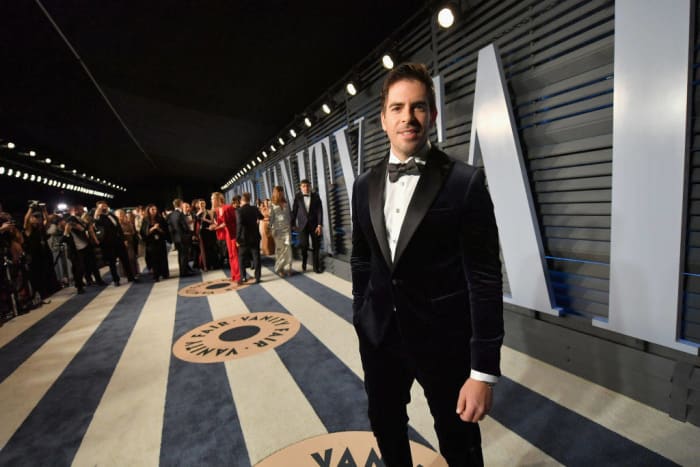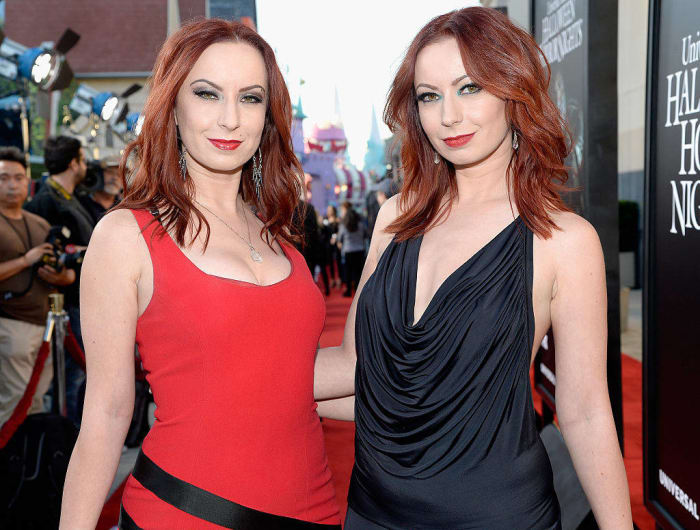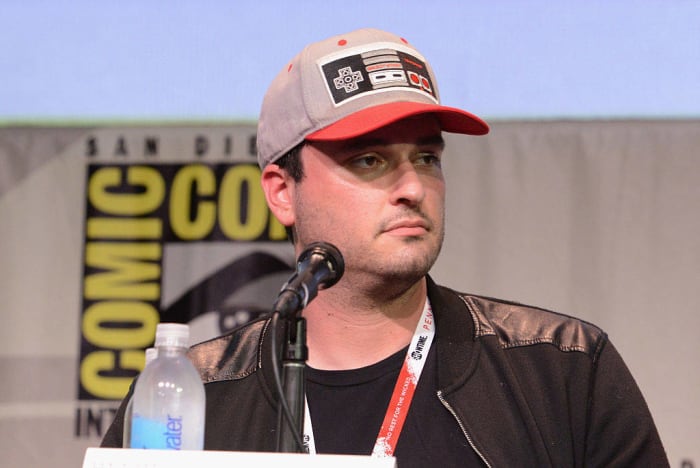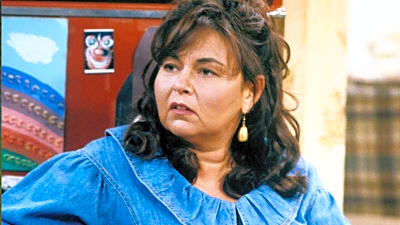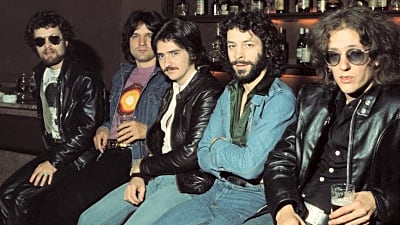Born in a stable, Canadian home, little would anyone know what was floating around in the mind of David Cronenberg, but his influence in the horror genre is unmistakable with genre classics "The Fly," "Scanners" and "Crash." In celebration of his 75th birthday, we share a list of 15 filmmakers whose style is heavily influenced by the king of body horror.
1 of 16
A Diamond Jubilee for a mind of terror
Nicolas Guerin/French Select/Getty Images
He was born in a stable, Canadian home, and little would anyone know what was floating around in the mind of David Cronenberg. But his influence in the horror genre is unmistakable with classics like "The Fly," "Scanners" and "Crash." While casual moviegoers might not know his name, his influence on these 15 filmmakers is profound.
2 of 16
Brandon Cronenberg
Isaiah Trickey/FilmMagic/Getty Images
Who would be more influenced by David Cronenberg than his son, Brandon? In his 2012 debut, "Antiviral," Brandon proves he's a chip off the old block in this tale of a young man who works at a company whose specialty is collecting viruses and bacteria from celebrities so that they can be sold to the public to feel closer to their idols. It only gets weirder from there, and whatever lessons father taught son end up in full, gory display.
Tim Mosenfelder/Getty Images
Daniel Espinosa certainly took a page out of the Cronenberg playbook with his 2017 sci-fi horror film, "Life," in more ways than one. Espinosa employs a number of body horror tricks, primarily one of the mind, as the crew, one by one, begins to fall victim to a multicelled organism that serves as first proof of extraterrestrial life. By the end of the film, many of the scenes will remind viewers of Cronenberg at his most diabolical in films like "Videodrome" and 1977's "Shivers."
Tim Mosenfelder/Getty Images for A24
One of the primary themes of David Cronenberg's oeuvre is how outside forces can change us, for better or worse. Director Alex Garland highlights this in his creepily effective "Ex Machina," the story of a man (Domhnall Gleeson) who is asked to administer a Turing test to a revolutionary robot. Garland's focus on the battle and harmony between flesh and technology and its horrific consequences feels perfectly like a page ripped out of the book of Cronenberg.
Pool CATARINA/VANDEVILLE/Gamma-Rapho via Getty Images
While legendary horror director Stuart Gordon is more a contemporary of Cronenberg's than directly influenced by him, it's hard not to look at the slightly less-revered filmmaker's work, and see a clear influence, if only on a competitive level. Case in point: 1986's "From Beyond" opened in theaters a couple of months after Cronenberg's "The Fly," with both films dealing with scientists facing extreme body horror following experiments.
Jun Sato/GC Images/Getty Images
While known for his work with Marvel's "Guardians of the Galaxy" franchise (before being dismissed in summer of 2018 and the third movie put on hold over controversial old tweets), James Gunn's career had its genesis firmly rooted in horror, particularly of the body persuasion. Cutting his teeth as a screenwriter under the wing of Lloyd Kaufman at Troma, Gunn specialized in a level of weird that would bring him closer to his feature film directorial debut with "Slither" in 2006, a film that shows a direct influence via its alien body horror and grotesque results.
Kevin Winter/Getty Images
While American audiences best know him as the creative force behind the wildly successful "Lord of the Rings" and "The Hobbit" trilogies, Peter Jackson found his start in horror — and body horror was his specialty. Unlike Cronenberg, most of his earlier horror offerings were played mostly for laughs. His 1992 "Braindead' (known in the U.S. as "Dead Alive") displays a penchant for Cronenbergian body horror that, even as a comedy, shows clear influence that would set Jackson on a path to greener pastures in film.
8 of 16
Mitchell Lichtenstein
Luca Teuchmann/Getty Images
While his main influence may come at the behest of his father, iconic pop artist Roy Lichtenstein, Mitchell certainly used Cronenberg's brand of body horror as a template for his 2007 black comedy, "Teeth," a tale of a young girl who served as a living example of the 'vagina dentata' urban legend. The film itself puts a sort of feminist spin on the usual body horror, but the way in which Lichtenstein frames his characters and their awful circumstances owes quite a bit to Cronenberg himself.
Jemal Countess/Getty Images
Lucky McKee built his career on moody people and body horror, starting with his first widely released film, 2002's "May," a story of a lonely woman (Angela Bettis) who does all she can to feel connected to someone, including sewing together a doll made of dead body parts. The mood and the visuals McKee produced most resembled Cronenberg's simpler works, like 1988's "Dead Ringers."
Jeffrey Mayer/WireImage/Getty Images
While his influences veer more toward sci-fi, director Vincenzo Natali's 1997 sci-fi horror offering, "Cube," was remarkable due to its surreal atmosphere and Kafkaesque setting, both reminiscent of Cronenberg's "Videodrome." The way in which Natali approaches his brand of horror from an almost "Twilight Zone" level of creepiness lends very much to his fellow countryman Cronenberg, who used similar themes often throughout the '80s.
Mike Coppola/VF18/Getty Images for VF
Of all the directors on our list, the one who seems, in many ways, to want to directly take the baton from Cronenberg and run with it has to be Eli Roth, from his inauspicious beginnings in 2004's "Cabin Fever" to his more maturely dark "Knock Knock" in 2015. Like Cronenberg, Roth never shies away from grim body horror, nor does he neglect the terror that can be found in extremely awkward moments.
Ian West/PA Images via Getty Images
Tom Six might just emulate the darkest side of David Cronenberg. Best known for his ultra-violent, ultra-grotesque "Human Centipede" trilogy, his films feature the connection of humans in a really top-to-bottom sort of way. He may not be the most sophisticated of directors, but what he gleaned from Cronenberg outside of the regular blood and guts is a mastery of the uncomfortable interaction of people when they're simply weird.
13 of 16
The Soska Sisters
Kevork Djansezian/WireImage/Getty Images
Indie darlings the Soska Sisters have made more than a name for themselves in the horror industry, but it's clear their influence comes directly from Cronenberg himself. Most memorable is their 2003 film, "American Mary," which centers on body modification for pleasure and how, ultimately, it can all go wrong.
14 of 16
Guillermo del Toro
ANGELA WEISS/AFP/Getty Images
Reveling in his recent Best Actor and Best Picture Oscars for "The Shape of Water," Guillermo del Toro made a cottage industry out of body horror, starting with his 1993 film "Chronos." He clearly emulates the style of Cronenberg, particularly in the way many of his characters are driven by their disfigurements. While many would consider this creature work, del Toro has no problem showing you the many, many ways a body can be injured...or worse.
Albert L. Ortega/Getty Images
During the production of his ill-fated attempt to reboot Marvel Comics' "Fantastic Four," Trank proudly boasted how his production was influenced by Cronenberg. To be fair, it was clear he meant more in tone than in graphic realization, but watching that mess of a film, the mood is clearly Cronenberg in nature. But sometimes mood and subtle homages are not enough to convert influence into cinematic success.
16 of 16
Shinya Tsukamoto
Stephane Cardinale - Corbis/Corbis via Getty Images
Shinya Tsukamoto is a filmmaker obsessed with the limits of body horror. Best known for "Tetsuo: The Iron Man," Cronenberg's influence factors in significantly in this tale of a man driven to meld his flesh to machine. As with most horror films of this type, soon man turns into a metal monstrosity, losing his humanity in the exchange.
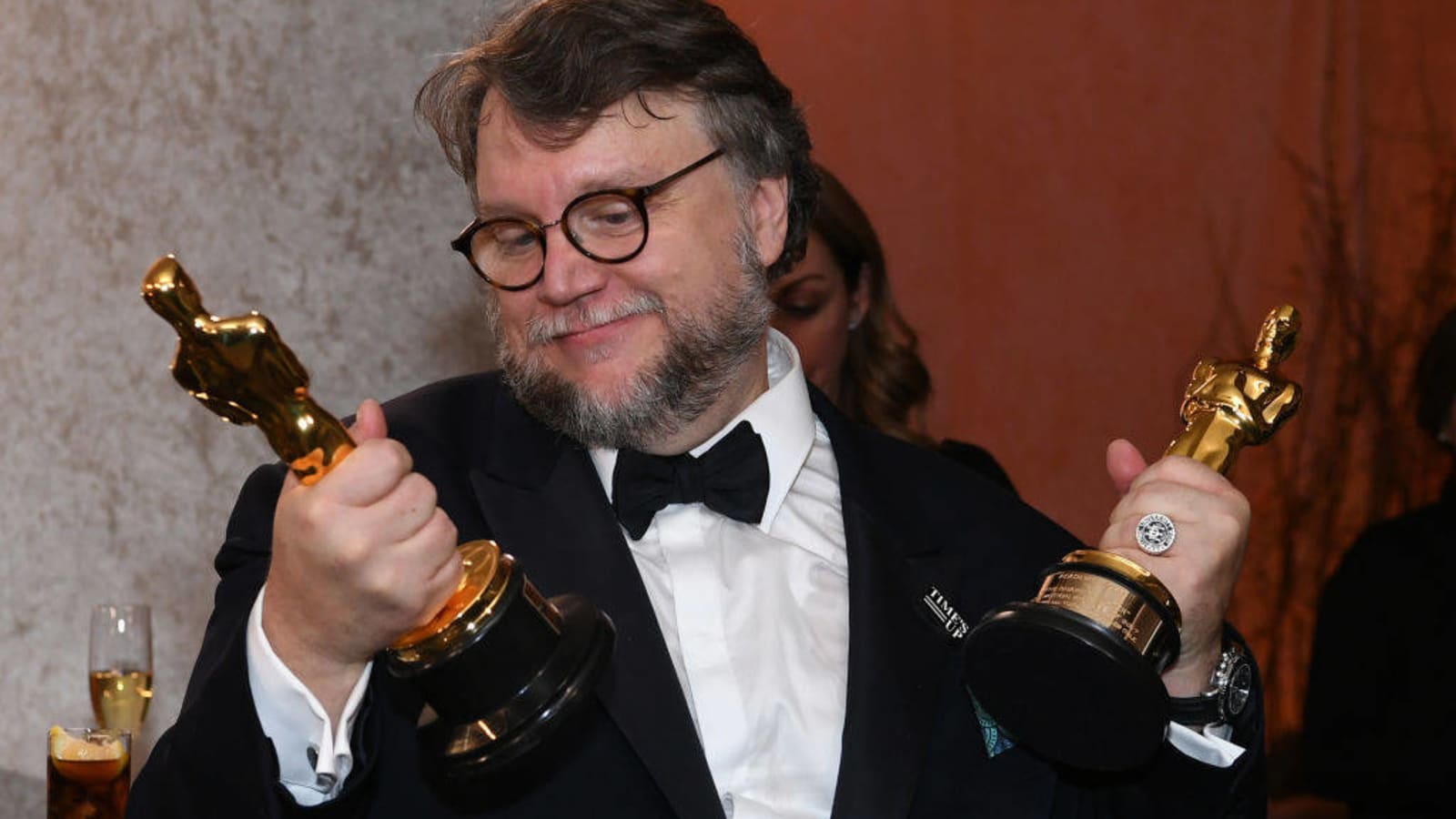
 +
+




